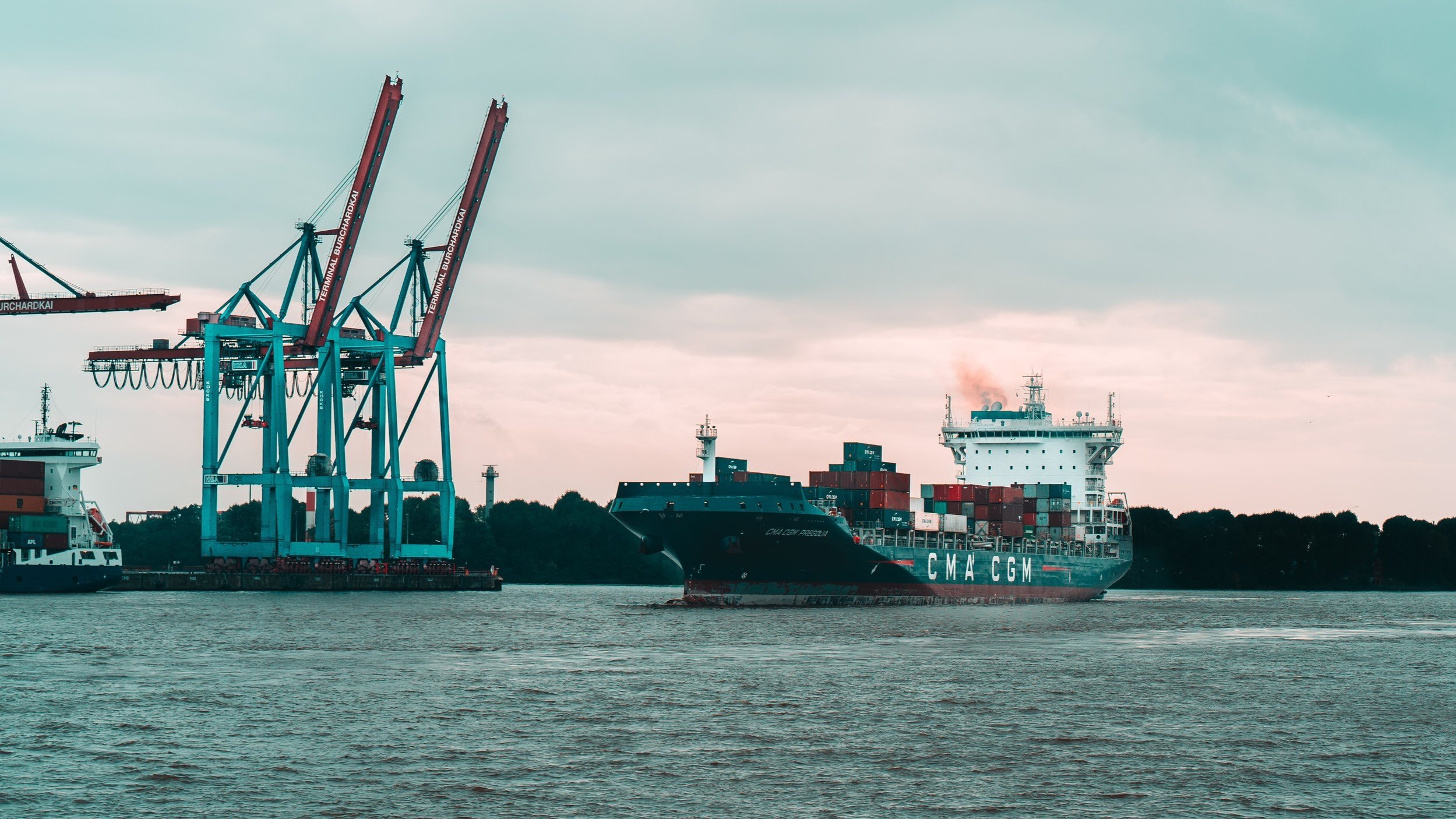Supply Chains Traceability: The 7 Steps
Investors, consumers, and governments are increasingly demanding businesses to create more sustainable processes and products, highlighting the need for visibility throughout their supply chain. This is where the idea of traceability factors in – it allows companies to identify and track a material’s transformation and help verify sustainability claims about these commodities to encourage practices and processes that favor people and the environment.
The most widely accepted definition of traceability comes from the International Organization for Standardization (ISO):
Traceability: The ability to identify and trace the history, distribution, location and application of products, parts and materials, to ensure the reliability of sustainability claims, in the areas of human rights, labor (including health and safety), the environment and anti-corruption.
Essentially, traceability allows companies to identify strategic value chain opportunities, minimize external/internal disruptions, innovate quicker, and certify sustainable products and processes.
Implementing Traceability Into Supply Chain Practices
So how can businesses implement traceability into supply chain practices? The United Nations Global Compact, a policy platform, in partnership with BSR, a sustainable business network, created a Guide to Traceability to help organizations and stakeholders understand and execute supply chain traceability.
For business professionals in the supply chain, sourcing, procurement, or sustainability department at their organizations, this guide lays out practical information on how to leverage traceability as a tool that advances sustainability in their supply chains.
A brief summary of the seven steps to implement traceability follow below. For the comprehensive guide, click here to access it.
The 7 Steps of Traceability Implementation
Identify the key commodities. Collect information on all material supply chain inputs from all procurement categories, and map out their transformation from the raw to finished goods state.
Gain a full understanding of all relevant sustainability issues to those commodities and identify whether traceability is the best way to mitigate those risks. After mapping out the key commodities, it’s important to understand the sustainability challenges associated with them. After understanding those challenges, alternatives can then be identified.
Develop the business case for traceability. Involving senior leadership and stakeholders is essential in furthering efforts to address these sustainability challenges, and improve them. Developing a business case will strengthen the cause and provide more agency to fulfill them.
Take traceability action. To actively start implementing traceability after doing the pre-work in steps 1-3, get involved in either pre-existing traceability schemes, or if there isn’t one, reach out to resources to start one. Multi-stakeholder engagement is necessary to start these traceability schemes.
Engage internally with key staff, and develop solid internal practices and processes. Gaining support and engagement from internal team members and champions is key. Create an internal policy that the team can follow and uphold.
Engage with suppliers. Communicate with suppliers to ensure that they can fulfill the traceability practices and policies of the business. This is also an opportunity to educate and spread awareness on the importance of supply chain traceability.
Stay the course. It may be a difficult endeavor at first, but traceability is a long-term journey that requires continual evaluation and iteration. The payoff usually appears after a few years of traceability engagement.
Implementing traceability within supply chains will require time and cross-functional effort across teams, however, following these seven steps will allow businesses to create more resilient and sustainable supply chains.
By working together within your own organization and other suppliers, businesses can implement a common approach to traceability within their supply chain and achieve a higher level of sustainability.
At RyeStrategy, we provide comprehensive services to help supply chains become more sustainable. Our focus is on carbon neutrality, and additionally, we provide mitigation strategies that reflect traceability practices. We understand the importance of supply chain sustainability management – for further interests or questions, feel free to reach out to us at info@ryestrategy.com.
Learn about our affordable carbon footprint solutions for small and medium-sized businesses
Book a free strategy session to discuss your climate goals with a sustainability manager.
About RyeStrategy
Based in Seattle, RyeStrategy is a CDP-accredited, mission-oriented company specialized in carbon accounting, mitigation coaching, and climate disclosure solutions for organizations at any point in their sustainability journey. Learn how RyeStrategy helped Salesforce, Ideascale, and Wazoku achieve their sustainability goals.
From exhaustive carbon footprinting and mitigation coaching, to setting science-based targets and reporting climate data to CDP, SBTi or custom reporting platforms, RyeStrategy acts as a hands-on extension of the team, custom-tailoring services to fulfill climate disclosure requirements easily and accurately.
Meet with a sustainability specialist to learn more about RyeStrategy solutions.

